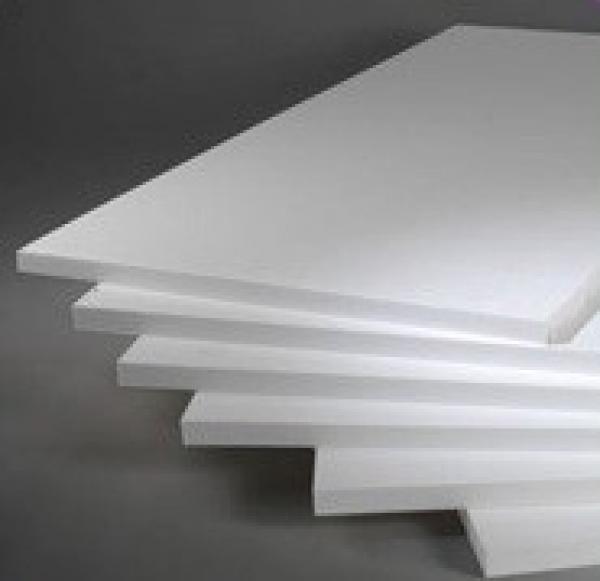90mm Polystyrene 1200 x 450 Cavity Wall Insulation

Jablite EPS
EXPANDED POLYSTYRENE (EPS) TECHNICAL INFORMATION
Jablite EPS is a lightweight cellular plastic material suitable for a wide range of building-insulation applications. It is an excellent insulating medium which exhibits consistent thermal performance over the range of temperatures normally encountered in buildings.
The material is versatile, light in weight, clean and easy to handle, and provides a cost-effective means of including permanent insulation in floors, walls and roofs to meet, and exceed, the standards laid down in the Building Regulations.
Technical Description
Composition
Jablite insulation products are manufactured from EPS. The material comprises expandable beads of polystyrene pre-foamed and fused together in a steam-heated mould under pressure. This produces a block of material, up to 7314mm long, which is then cut to size and/or shape. After cutting to size, the material may be faced or laminated with other materials to suit its application.
Alternatively, the beads may be moulded into a finished, shaped section which requires no further processing.
Material Type
EPS 70
Nominal Densities
EPS 70 15kg/m³
Standards
Where relevant, Jablite products are produced to the requirements of the BS EN 13163 'Thermal Insulation Products for Buildings - Factory Made Products of Expanded polystyrene (EPS)’ specification.
Jablite Limited has been assessed and approved to the ‘BS EN ISO 9001:2000 Quality System’ for quality assurance in production, installation and servicing.
Properties and Performance
Mechanical properties
Jablite Classic has a high strength to weight ratio.
Tensile Strength
Ranges from 20-400kPa, according to type and product.
Compressive strength
Ranges from 70-250kPa, according to type and product; method of test, BS EN 826.
Bending strength
Ranges from 115-350kPa, according to grade and product; method of test BS 4370:Part 1, method 4.
Design load
Ranges from 20-100kPa for 1% nominal strain, according to type and product; method of test EN 826.
Moisture Properties
Although Jablite has significant resistance to the passage of water vapour, it should not be regarded as a damp-proof membrane or vapour-control layer and will not provide a barrier against damp penetration.
A suitable damp-proof membrane or vapour-control layer will be required in most forms of construction - see individual product and application data.
Fire Properties
Jablite EPS can be supplied with Class E ‘flame-retardant’ additive material.
Biological Properties
EPS will not sustain mould growth, and has no nutrient value to insects or vermin. The material is non-biodegradable and care should be taken to dispose of waste and off cuts at a licensed waste site.
Thermal Properties
Coefficient of linear expansion: 0.6 x 10−6 ºC.
The material is sufficiently resilient and flexible that no allowance needs to be made for thermal expansion in the method of insulation.
Jablite EPS is suitable for meeting, and in many cases exceeding, the thermal insulation requirements set out in the Building Regulations Approved Documents:
L1A - Conservation of fuel and power in new dwellings
L1B - Conservation of fuel and power in existing dwellings
L2A - Conservation of fuel and power in new buildings other than dwellings
L2B - Conservation of fuel and power in existing buildings other than dwellings
Reference can be made to individual products sections to obtain specific details on meeting thermal values with Jablite products.
Working temperature range
EPS can be used within the temperature range -150ºC to +80ºC.
Jablite EPS is unaffected by the normal range of climatic temperatures and can be safely used in cold stores and similar applications.
During installation, and in service, contact with hot-water pipes or other surfaces where the temperature is likely to exceed 80oC for continuous periods should be avoided.